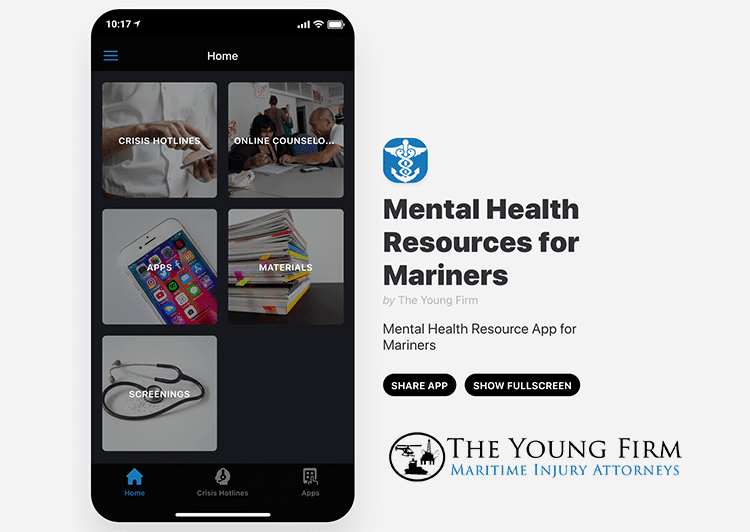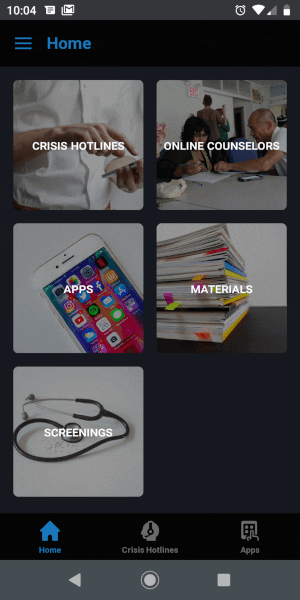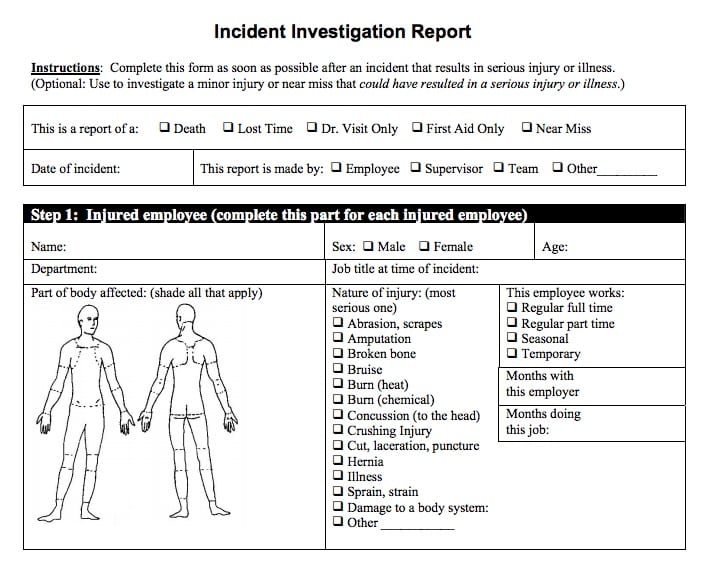Updated: September 2, 2020 (Originally published August 31, 2020)

If you or a loved one are experiencing mental health issues such as depression or anxiety, help is available. We’ve compiled resources that can help you navigate to better mental health.
Mental Health and Maritime Workers
Even before the pandemic hit, mental health issues in seafarers were on the rise. Working offshore for long periods of time makes maritime workers susceptible to depression, anxiety, and thoughts of self harm. Life at sea can be isolating, and the physical demands of the job can exhaust even the healthiest workers. It would be natural to feel down or anxious even under normal working conditions.
Prior to COVID, crewmembers reported that several issues negatively affected their mental health including:
- Lack of proper training
- Poor work environment
- Bullying/threats of violence
- Dissatisfaction with their jobs
- Health issues
- Isolation from loved ones
COVID-19 and Mental Health
Issues affecting mental health didn’t improve when COVID-19 hit. In fact, the pandemic has likely made many of them worse. With the onset of COVID-19, many workers have been essentially stranded at their posts far away from loved ones and without reliable internet access. Over 300,000 workers remain at sea even though their contracts are up. Though attempts are being made to have these crew members repatriated, they are still stuck, many of them for over six months. This extended time at sea takes its toll on those waiting back at home to see their loved ones again.
Those with preexisting mental health concerns such as depression and anxiety might find that COVID-related stressors make their conditions worse, and even if a maritime worker wasn’t previously experiencing mental health problems, dealing with COVID-19 concerns and living far from loved ones could bring on a mental health crisis. Put bluntly, COVID-19 has created conditions for many maritime workers that are at best extremely difficult, and at worst traumatic. While there is a stigma around seeking help for mental health care amongst seafarers, having a hard time during these particularly hard times is no cause for shame. Help is available.
Help for Maritime Workers’ Mental Health
Being a maritime worker is stressful enough, and no maritime worker should have to go through the hardships of COVID-19 alone. It is only natural to experience stress during these times, and you don’t need to wait to get help. If you are concerned for yourself or someone you know, several avenues of support are available to you.
- Mental Health Screenings. If you are wondering about your mental health, a mental health screening tool can help you name areas where you might be struggling. Mental Health America offers tools to screen for depression, anxiety, PTSD and more. A mental health screening tool is a good place to start if you are not in crisis.
- Mental Health Crisis Hotlines. The American Club compiles a list of updated mental health hotlines. If you do have cell phone access, hotlines can be a crucial part of caring for your mental health, especially since they do not require internet access. If you are in crisis, call. Talking really can help.
- Self-Guided Materials. While talking to someone can bring relief, having a resource that you can learn from at your own pace can also prove helpful. The International Seafarers’ Welfare Assistance Network (ISWAN) created a series of downloadable guides specifically made for seafarers. The guides are easy to follow and contain information and exercises to improve mental health.
- Online Counselors. One major barrier to mental healthcare at sea is reliable internet access. If internet access is available, then telemedicine appointments with mental health professionals can be a lifeline to humans who care and are trained to help. Full-time employees with benefits can check with their insurance providers to see if mental health services are available.
- Counseling/Messaging Apps. Ecounseling through smartphone apps is a viable method of connecting with a mental health professional. When so much discomfort stems from isolation, and that isolation has been made worse because of the pandemic, being able to message a counselor at any hour can prove invaluable.
- On-ship support/support groups. There is no substitute for professional help, but on-ship support in the form of a support group or simply reaching out to friends can help alleviate the burdens associated with prolonged time at sea. In addition, online support is available from the ITF Wellbeing Facebook support group.
 Each of the above resources takes a different approach, but all of them can help you recognize risk-factors for mental health issues, identify what type of problem(s) you may be experiencing and offer strategies to improve mental health. Remember, when tackling mental health issues, taking a multi-pronged approach often yields the best result. While these are truly difficult times for maritime workers on all fronts, and you may feel alone, you are not. These resources are just starting places, and our hope is that putting them all in one place may help offer you a roadmap of sorts, hope, that people who care about the mental health of maritime workers are poised to encourage you, talk through the hard parts, and offer help when you need it most.
Each of the above resources takes a different approach, but all of them can help you recognize risk-factors for mental health issues, identify what type of problem(s) you may be experiencing and offer strategies to improve mental health. Remember, when tackling mental health issues, taking a multi-pronged approach often yields the best result. While these are truly difficult times for maritime workers on all fronts, and you may feel alone, you are not. These resources are just starting places, and our hope is that putting them all in one place may help offer you a roadmap of sorts, hope, that people who care about the mental health of maritime workers are poised to encourage you, talk through the hard parts, and offer help when you need it most.
Mental Health Resources for Mariners App
To make things easier, we’ve compiled the above resources into an app that you can add to your phone for quick access. This app is still in the early stages and we plan to continue updating both the content and the interface. Download the app here.
About The Young Firm
The Young Firm is a maritime law firm that exclusively represents injured maritime workers. Over the years we have worked with hundreds of injured seamen and have enabled them to put their lives back together after their injuries. In an effort to provide additional resources and services outside of legal remedy, we have developed this mental health resource app as well as a scholarship program (MAPS) for those in need of financial aid for merchant marine training. We believe the future of the offshore industry is dependent on a competent, well-trained, and mentally resilient workforce. When crews are properly trained and healthy, safety is improved, and lives are saved. Anyone who desires to take a training course at a sea school should have the opportunity to do so despite their personal financial situations. We encourage you to visit our website to learn more about these resources and about our firm
Editorial Standards · Corrections · About gCaptain

 Join The Club
Join The Club




 Each of the above resources takes a different approach, but all of them can help you recognize risk-factors for mental health issues, identify what type of problem(s) you may be experiencing and offer strategies to improve mental health. Remember, when tackling mental health issues, taking a multi-pronged approach often yields the best result. While these are truly difficult times for maritime workers on all fronts, and you may feel alone, you are not. These resources are just starting places, and our hope is that putting them all in one place may help offer you a roadmap of sorts, hope, that people who care about the mental health of maritime workers are poised to encourage you, talk through the hard parts, and offer help when you need it most.
Each of the above resources takes a different approach, but all of them can help you recognize risk-factors for mental health issues, identify what type of problem(s) you may be experiencing and offer strategies to improve mental health. Remember, when tackling mental health issues, taking a multi-pronged approach often yields the best result. While these are truly difficult times for maritime workers on all fronts, and you may feel alone, you are not. These resources are just starting places, and our hope is that putting them all in one place may help offer you a roadmap of sorts, hope, that people who care about the mental health of maritime workers are poised to encourage you, talk through the hard parts, and offer help when you need it most.




